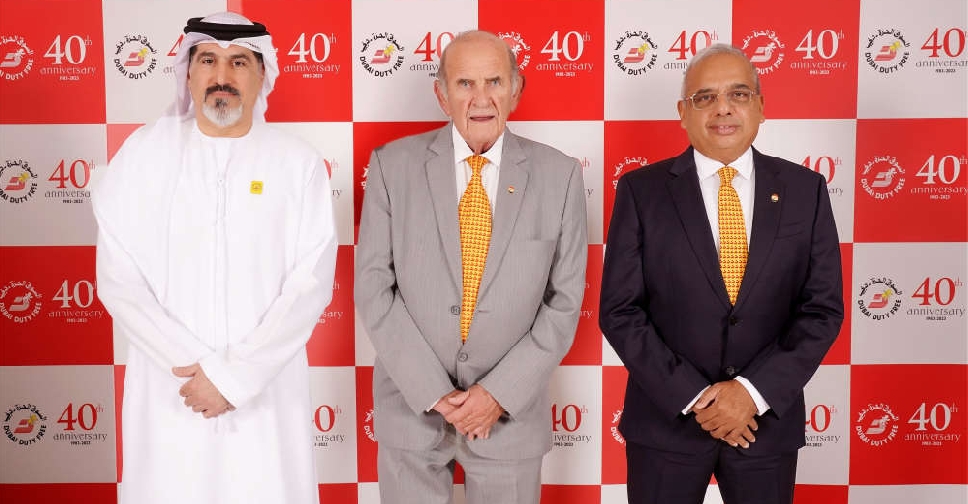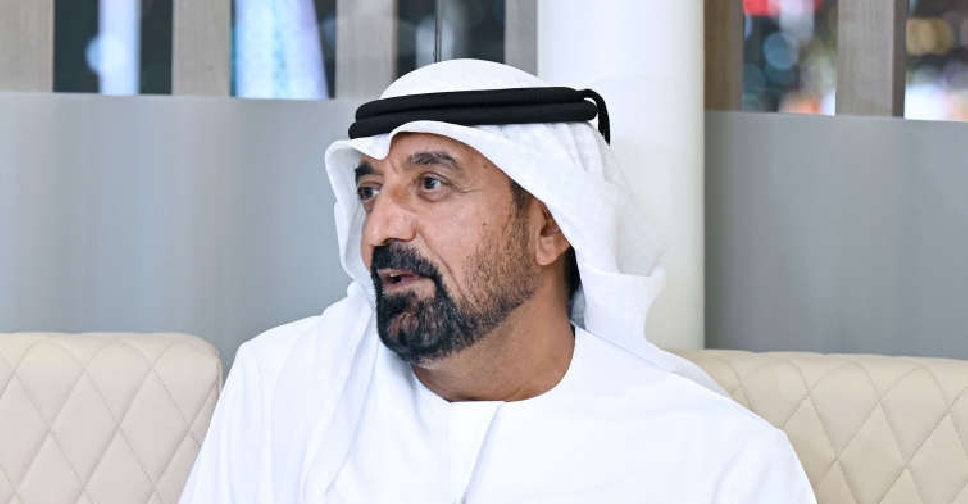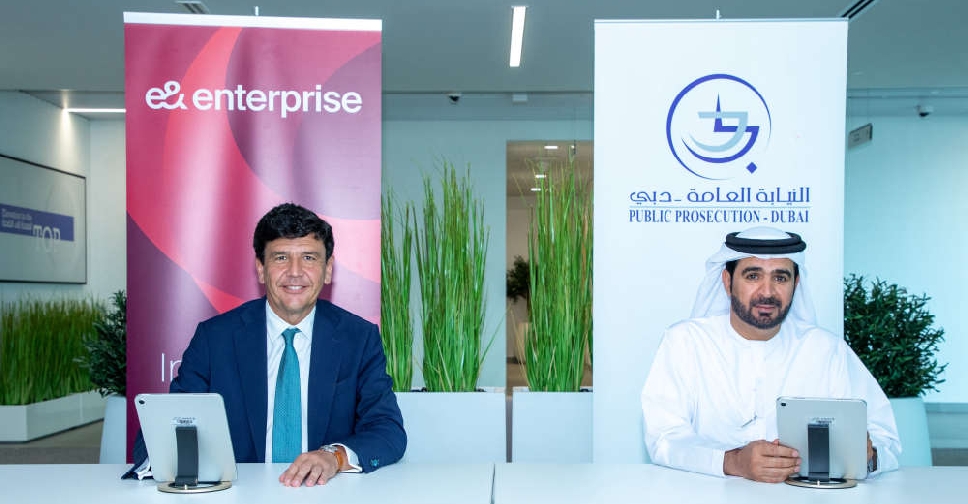
OpenAI CEO Sam Altman has expressed the possibility his company may cease operations in the European Union if it fails to comply with the provisions of forthcoming artificial intelligence (AI) legislation.
Speaking at a recently held panel discussion at University College London, Altman stated that OpenAI intends to make efforts to comply with the new regulations, but highlighted several criticisms of the current wording of the AI act.
He revealed that OpenAI had engaged in discussions with European Union (EU) regulators during his ongoing European tour, specifically addressing the AI act. The company expressed concerns about the law's classification of "high-risk" systems, which could potentially encompass large AI models such as OpenAI's ChatGPT and GPT-4. Such a classification would impose additional safety requirements on these systems, a notion that OpenAI contests, arguing that their general-purpose models are not inherently high-risk.
The CEO acknowledged the technical limitations faced by OpenAI in meeting the requirements outlined in the EU AI Act. He affirmed that the company would make every attempt to comply, but conceded the possibility of ceasing operations if compliance proves unachievable. Altman emphasised the importance of the nuanced details within the legislation, noting that the "subtle details here really matter".
During an interview, he expressed his preference for a regulatory approach that lies between European and US traditions.
While Altman raised concerns about the risks associated with AI, particularly disinformation and its potential impact on the 2024 US election, he highlighted social media platforms as the primary drivers of disinformation rather than AI language models. Despite these concerns, he maintained an optimistic outlook on the benefits of AI technology, presenting a positive vision for the future.
Altman also broached the topic of socioeconomic policy and its relevance in an AI-driven future. He discussed the potential need to reconsider wealth distribution in light of technological advancements. OpenAI is currently conducting a five-year study on universal basic income, set to conclude next year. Altman indicated that the company plans to address the topic of wealth redistribution publicly in 2024, similar to its current engagement with AI regulatory policy.



 Spinneys makes Dubai stock exchange debut
Spinneys makes Dubai stock exchange debut
 ADNOC reports 18% Q1 growth
ADNOC reports 18% Q1 growth
 Dubai Duty Free boss to retire after 41 years
Dubai Duty Free boss to retire after 41 years
 Sharjah airport welcomes over 4 million passengers
Sharjah airport welcomes over 4 million passengers
 DXB on track to surpass 90 million passengers in 2024
DXB on track to surpass 90 million passengers in 2024



